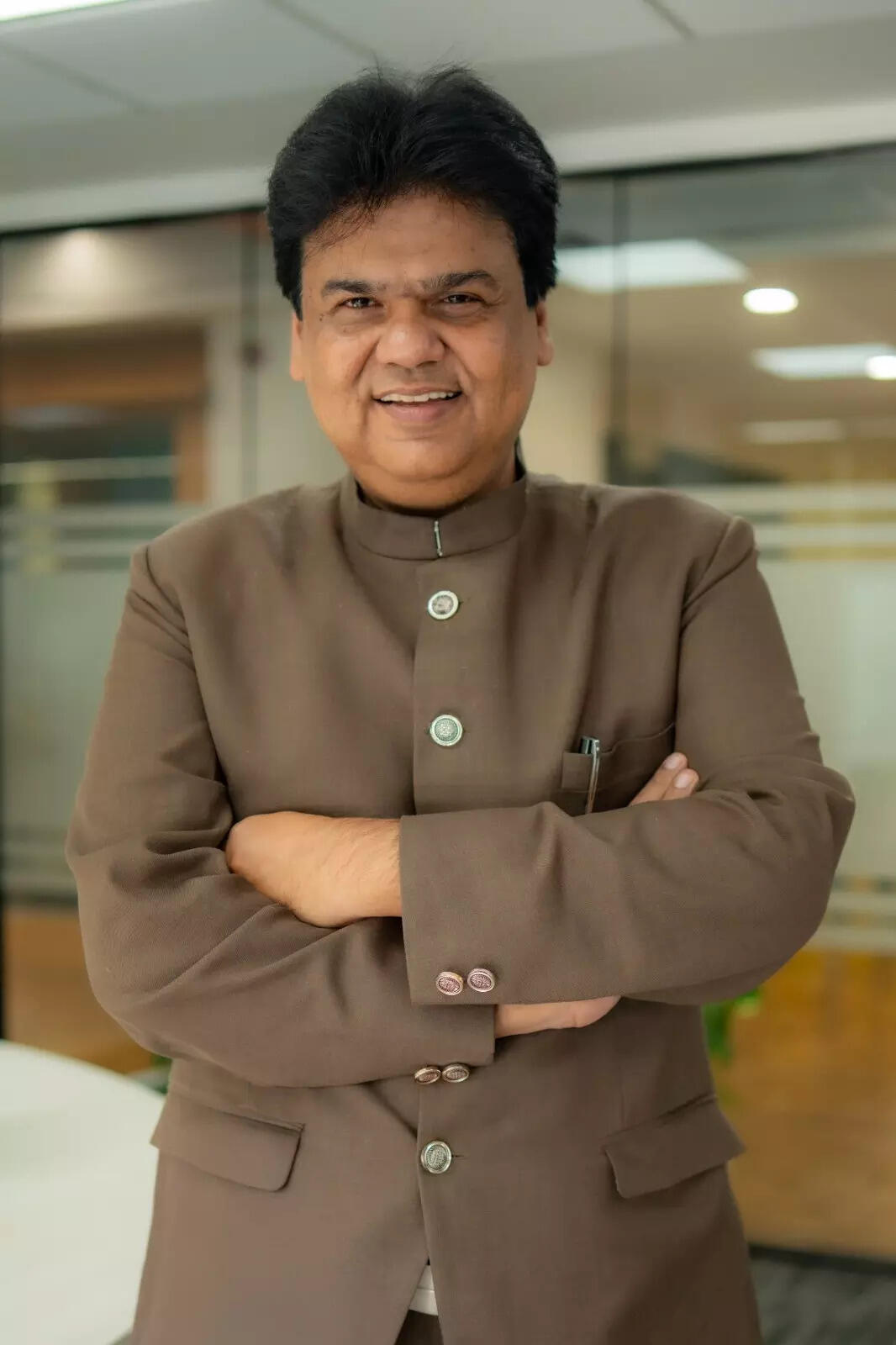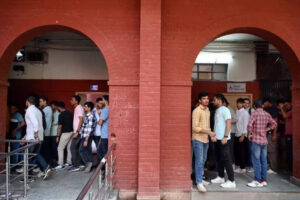
Why skill-based subjects remain out of reach for most students, ETEducation

By Praveen Prakash IAS (1994-2024)
Every June, a familiar anxiety grips lakhs of Indian households. A teenager stares at a list of subjects, unsure what to pick. A parent, equally confused, tries to help. But neither has the tools to answer the real question: What am I good at and what will the world value five years from now?
This decision, which can shape a student’s entire academic and professional future, is often made in a vacuum of data, guidance, and access.
According to U-DISE+ data for 2023–24, over 2.8 crore students were enrolled in Classes 11 and 12 across boards in India. Yet, the subjects they studied remain disappointingly narrow in scope and alienated from the evolving realities of the professional world.
80+ subjects but students choose from just six
The Central Board of Secondary Education (CBSE) officially offers 80+ elective subjects for classes 11 and 12. However, a majority of students continue to choose from a narrow band of 10-15 conventional subjects like Physics, Chemistry, Maths, Commerce, History, etc.
This is not preference; it’s a function of access. Most schools, especially in rural areas and tier 2 and 3 cities cannot afford the teachers or infrastructure to offer newer, skill-based courses like Data Science, Artificial Intelligence, Financial Management, Legal Studies, or Design. This trend continues in urban areas as well simply because schools are unable to hire full-time teachers for all the elective subjects, hampering students’ access to new age subjects that could give them an edge in higher education and even further in their careers.
The data we already have and don’t use
What makes this more troubling is that boards already possess the diagnostic tools to guide students better. Through eight formative and four summative assessments across classes 9 and 10, schools gather comprehensive performance data that is broken down by sub-topic, cognitive skill, and interest level.
Yet this data sits idle.
If we leverage this information, we could derive each student’s natural aptitude and affinity for a subject. For example, a student consistently scoring high in statistics, data handling, and logical reasoning is likely to thrive in data science. Why not use this to recommend a subject in class 11, which is a professional or skill-based one and aligns with the student’s potential?
The global standard has moved forward
Top institutions globally are already paving the path. Universities like Harvard, Stanford, and MIT offer credit-eligible online courses through platforms like edX and other third party platforms, which students can pursue alongside school. Even in India, institutes like IIT Madras are offering fully online programs like their BS degree with over 30,000 students currently enrolled in the same.
If college students can earn full degrees online, and if lakhs of NEET and JEE aspirants can crack competitive exams through edtech platforms from villages, is it truly impossible for a Class 11 student to take one online elective, especially when that subject might define their career?
A practical reform: Online extension of boards
We must do away with the mandate that schools hire full-time teachers for each elective subject. Instead, boards should launch white-labelled online platforms, a la CBSE-X, Rajasthan-X, Maharashtra-X and partner with vetted edtechs to deliver these electives online. Boards retain academic oversight, certification rights, and ensure content quality. Edtech partners provide platforms, digital pedagogy, and content delivery. This approach solves the three key problems of access, aptitude-based learning, and scalability.
Inertia is not neutral, it’s unjust
The professional world is changing. Skill-based subjects like entrepreneurship, AI, legal studies, etc. are no longer luxuries. They are now pre-requisites for rewarding careers. By refusing to evolve, boards do a disservice to our brightest students by pushing them towards rigid and outdated academic structures.
We cannot continue to be custodians of an obsolete system. This is not about technology vs tradition. It is about meeting our students where their future is headed.
Praveen Prakash IAS (1994-2024) is the Former Principal Secretary, School Education, Government of Andhra Pradesh.
Source link



